By Norma Adams-Wade
Texas Metro News
A group of multi-ethnic citizens and city officials gathered Saturday, May 20, at an upscale intersection in Northeast Dallas now known as Lake Highlands near historic White Rock Lake. The site originally was one of Dallas’ underserved, historically-Black Freedmen’s Town settlements known as Little Egypt after the Civil War ended.
The original Little Egypt community of formerly-enslaved Africans in America existed for about 80 years, from 1883 to 1962. Then developers bought the entire area. In one day, bulldozed the small shacks that about 28 families owned and where they housed about 200 residents. Developers paid to relocate them to other segregated communities around Dallas.
From 1962 to now, there was no trace that little Egypt ever existed.
The May 20 gathering was there to remember and inform current and future generations that Little Egypt did exist and had a valued place in local African-American history and in the hearts of former residents and their descendants. The group unveiled a Texas State Historical Marker noting Little Egypt’s erased past. Event planners and organizers included Dallas College, Dallas Park and Recreation, Egypt Chapel Baptist Church and some key members of its congregation, and the Lake Highlands Rotary Club that paid expenses for the marker.
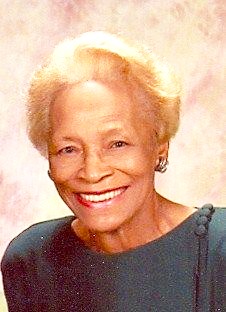
DESCENDANT FAMILIES
Two descendant families were prominent at the unveiling. Wicks and her relatives and sisters Joann and Gloria McCoy and their relatives. In various media reports, the McCoys described growing up poor but loved in rural-like, underserved Little Egypt shacks that residents fondly called home in the 1950s.
Candace Wicks, a former Dallas public school educator and local Dallas Black history buff, is a 4th generation descendant of Jeff and Hanna Hill who post-Civil War deed records show owned the 30 to 35 acres on which the couple founded the Little Egypt Freedmen’s Town settlement.
Wicks’ late mother Lela Mae Hill Wicks, also a 37-year veteran educator, was a great-granddaughter of the Hills. Deed records show that the newly-emancipated couple bought the land for about $300 from a former owner of enslaved Africans. The Dallas County Pioneer Association records show that Mr. Hill was a farmer, small community store owner, and settlement leader. He was born in 1939, died in 1925 at age 86, and is buried at the nearly post-Civil War-era, historically-black McCree Cemetery that served Little Egypt residents. His wife, Hanna Griffin Hill was born in 1840 and died in 1943 at age 103. It is presumed that she also is buried at McCree Cemetery.
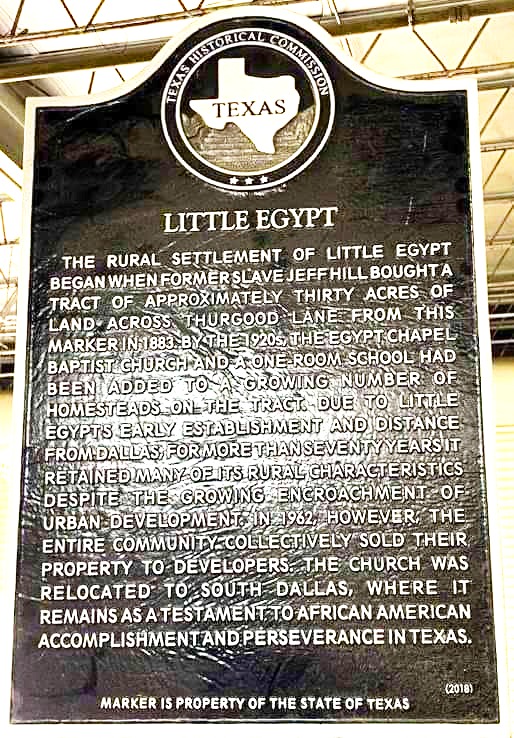
Wicks and several relatives attended and gave remarks at the unveiling after they were included on the agenda’s last-minutes changes. Wicks dismissed program planners’ comments that descendants were hard to find.
“I don’t know how you missed us,” said Wicks, “We’ve been here all the time. We never left.”
In various media reports, marker planners said they, with no malice, simply sought to right a wrong of historical omission about experiences of a neglect Freedmen’s Town community.
EGYPT CHAPEL BAPTIST CHURCH
The community’s name Little Egypt came from the formerly-enslaved settlers who compared their emancipation experience with the Biblical Israelites newly freed from bondage in Egypt. Egypt Chapel Baptist Church served the community and drew its name from the settlement. Some attendants at the marker unveiling descended from those original settlers and some church charter members. The church was bulldozed with the community. Historians report that a number of residents were not unhappy to leave Little Egypt and seek better housing elsewhere. Wicks said she feels developers paid residents “pennies on the dollar” before paying their moving expenses and dispersing them to other mainly segregated Dallas areas. The developers built what is now Northlake Shopping Center at Ferndale Road and Northwest Highway East.
HOW THE RESEARCH PROJECT BEGAN
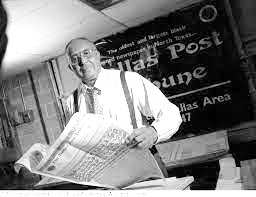
The odyssey began about eight years ago, around 2015, and continued off-and-on till the Saturday unveiling. History professor Clive Siegle and anthropology professor Tim Sullivan — both at the Dallas College Richland Campus – began a research project where students explored Lake Highland’s barely-mentioned African-American history. Siegle, who once lived in Lake Highlands, initiated the project because he became curious about some of the area’s distinctions, including unpaved, dirt roads as alleys. The students even did archeological digs that uncovered artifacts including pottery and glass.
WICK’S BLACK HISTORY PASSION
Wicks’ heritage makes her protective of Dallas Black history. Her father, Samuel Leon Wicks, was a postal worker, long-time employee with several Dallas Black-owned newspapers, recognized sports buff, and charter executive with the respected Remembering Black Dallas research nonprofit that the late educator Dr. Mamie McKnight founded. The name later changed to Black Dallas Remembered. Both of Candace Wicks’ parents did extensive research for BDR local Black history publications and their only child was also a BDR youth member.
“There are mixed emotions about it,” said Wicks. “People don’t understand in general that a plaque does not erase all of the injustices that were done to all our previous generations.”

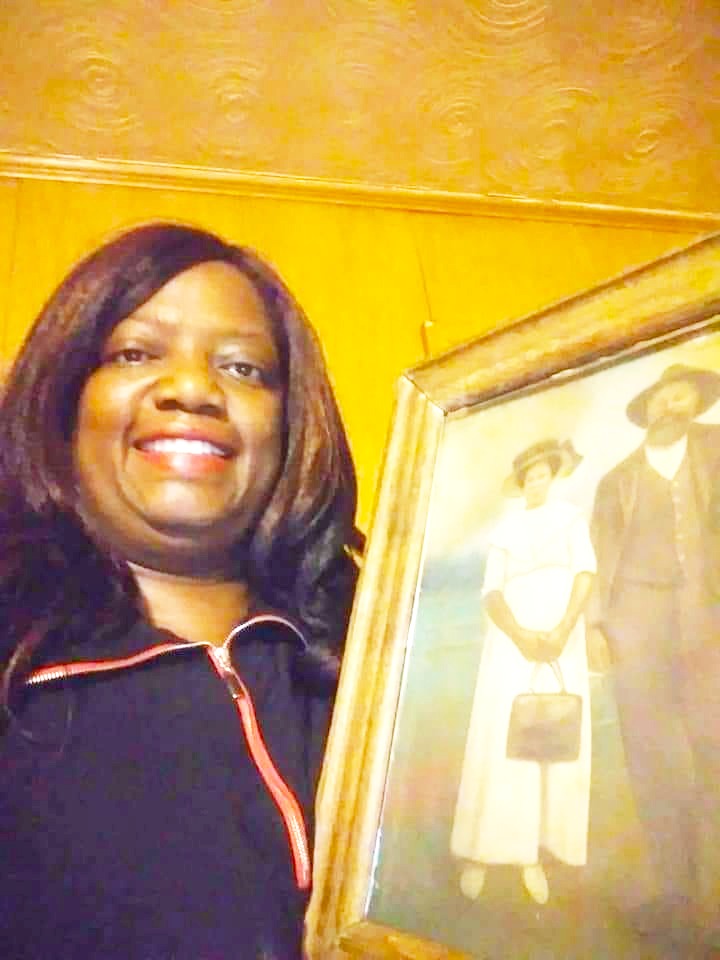
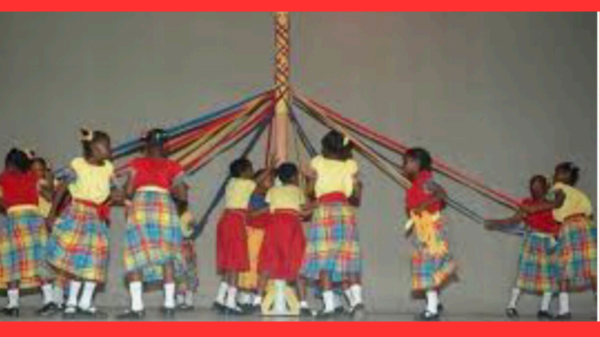

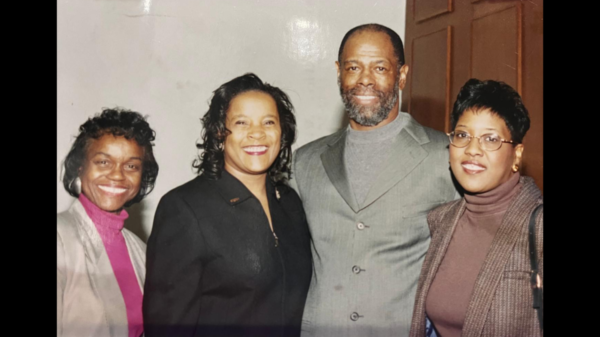

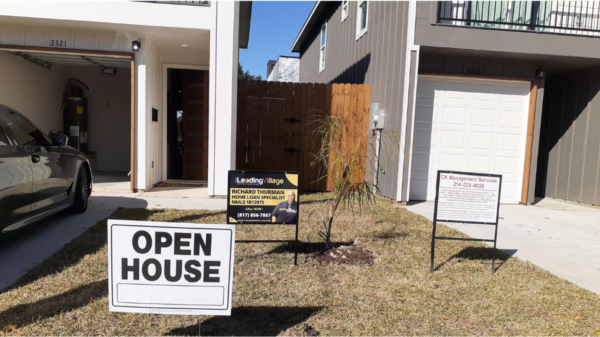

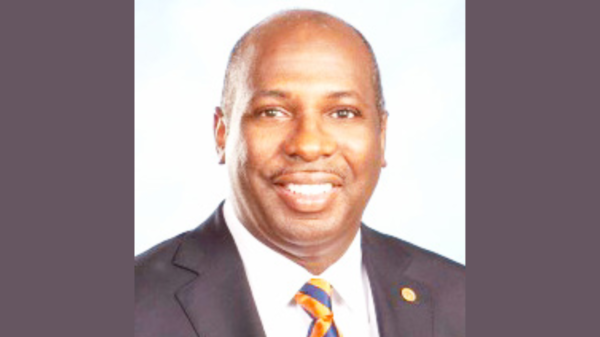

You must be logged in to post a comment Login